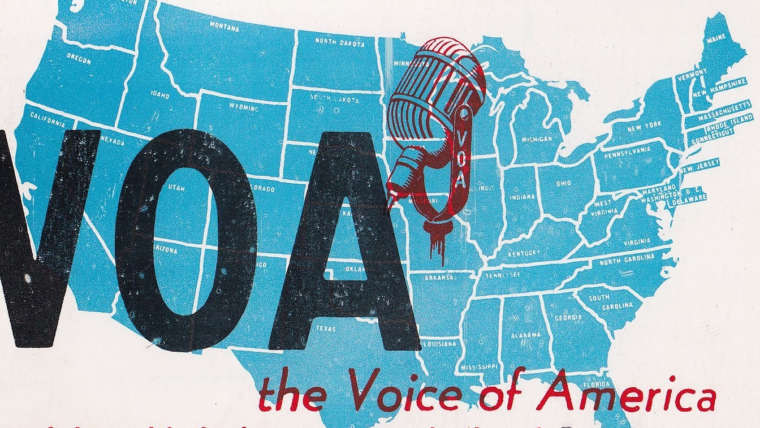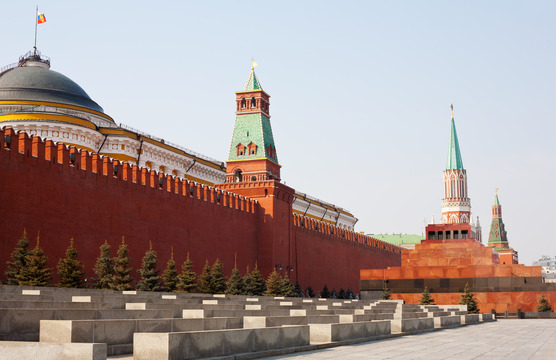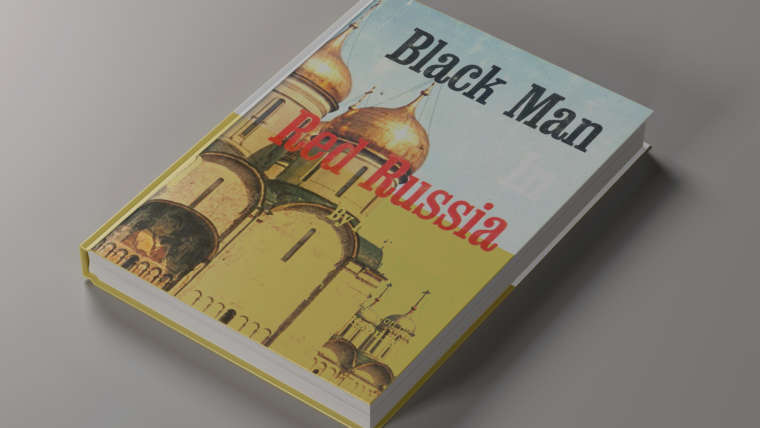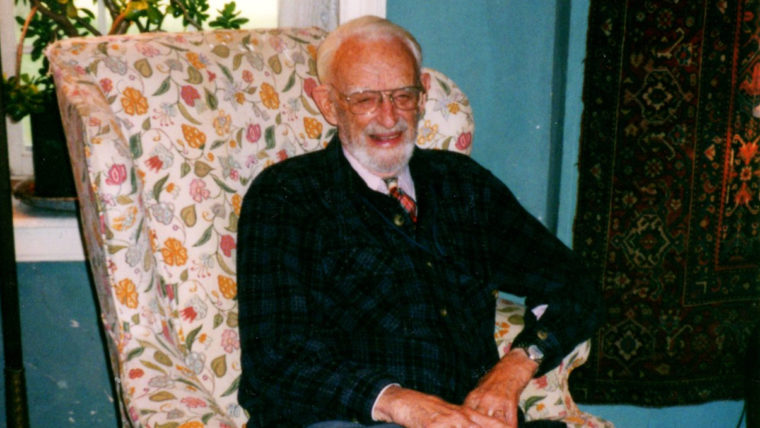Former Voice of America (VOA) Russian-Spanish freelance news reporter Pablo Rubtsov González was greeted in Moscow by Russian President Vladimir Putin after exchange for American journalists imprisoned and held as hostages in Russia. Had I stayed at Radio Free Europe/Radio Liberty #RFERL, I would have continued to work for the release of imprisoned reporters and warned others in no uncertain…






